EARLY YEARS AT ISP
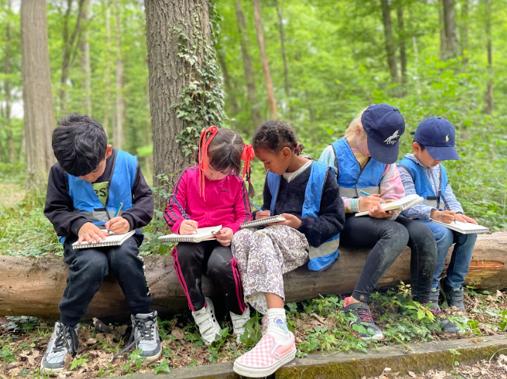
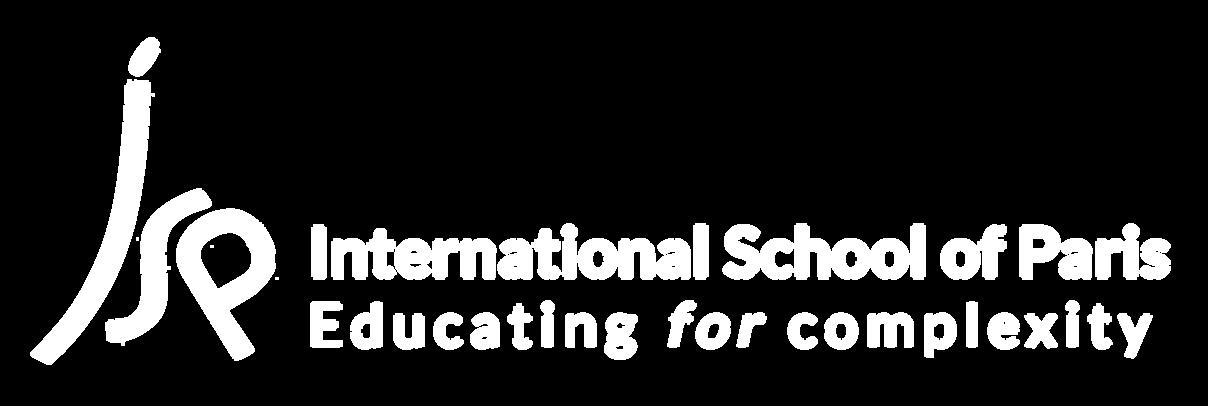
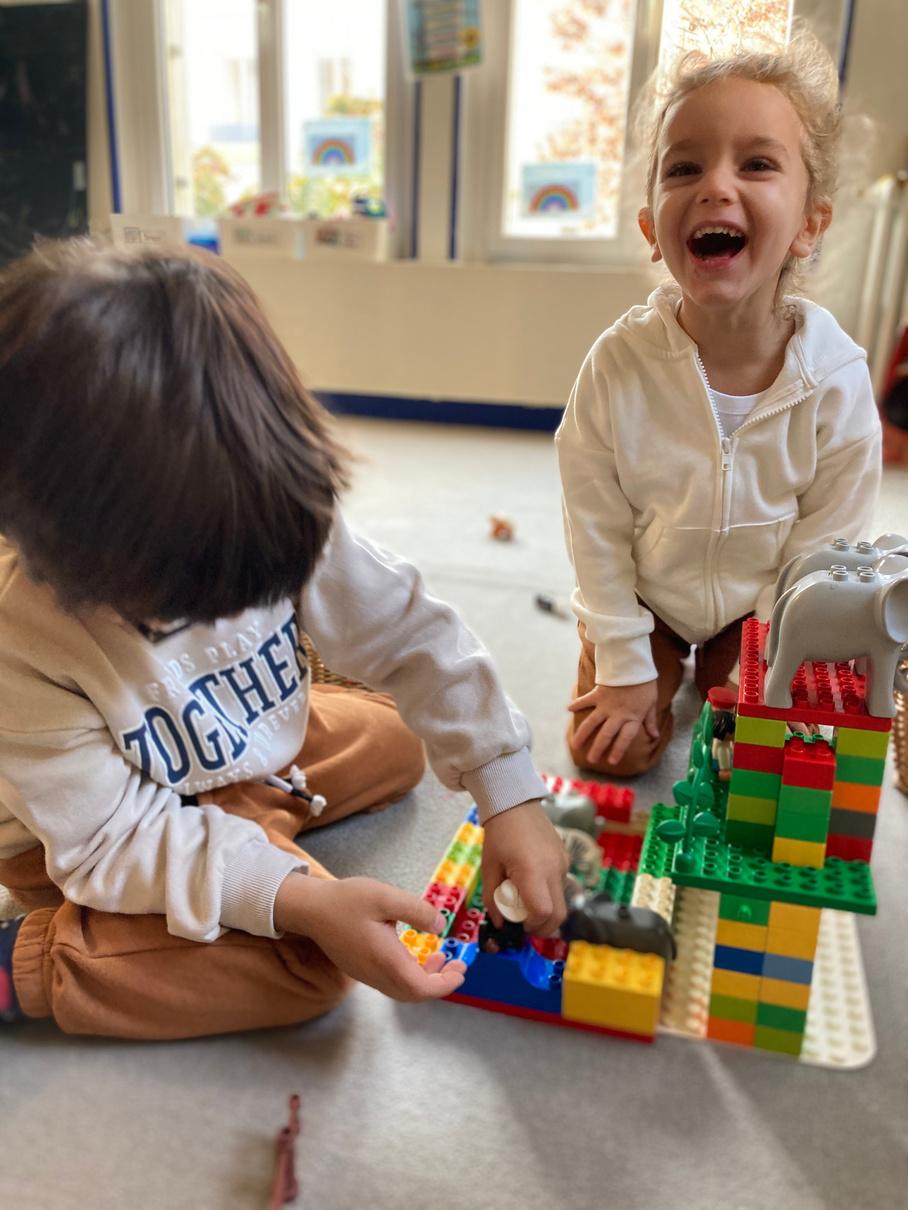
WHAT IS THE IB LEARNER PROFILE?
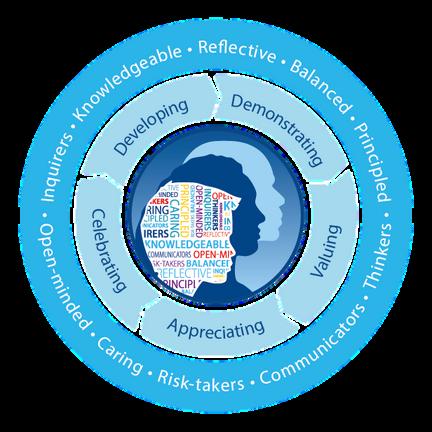
The Learner Profile - The IB Mission Statement in Action
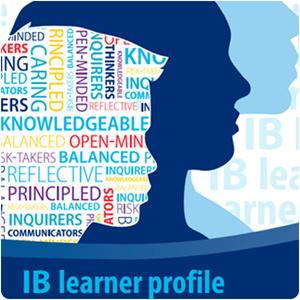
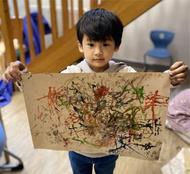
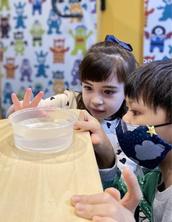
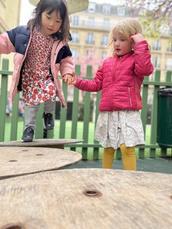
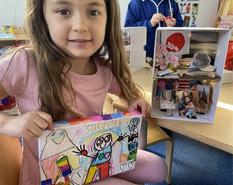
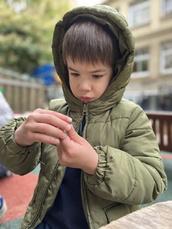
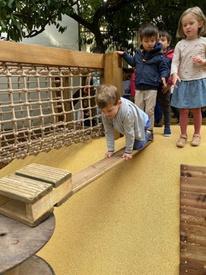
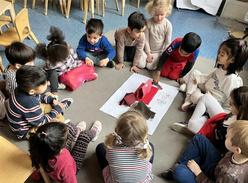
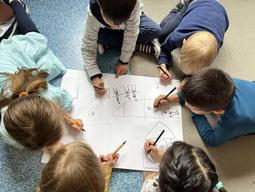
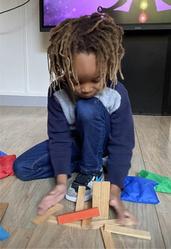
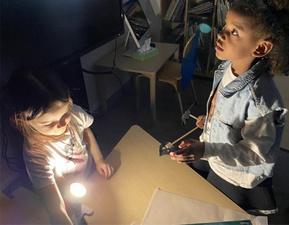
















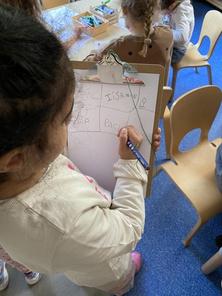
“Play is the highest form of research.” Albert Einstein
At ISP, we believe that children learn through play Play is a natural process and a social experience that allows children to make sense of the world around them There are a great variety of types of play including imaginative play, physical play and exploratory play




Learning through play supports belonging, well-being and self-efficacy

Play involves choice, promotes agency and provides opportunities to inquire into important concepts and personal interests. Play describes a range of student initiated activities that involve freedom and choice. Play offers early learners the opportunity to learn through multiple sensory experiences.

Through play, students learn by constructing, testing, confirming and revising their theories Children’s theories are encouraged, explored and built on to deepen their understanding Questioning is the heart of inquiry Children question in different ways, such as through gestures, drawing, interactions and asking questions verbally Inquiries are driven by children’s curiosity and creativity
Our units of inquiry are transdisciplinary and conceptual A transdisciplinary approach allows processes, skills and big ideas from different disciplines to connect and support holistic learning Children inquire into many concepts including relationships, identity, nature, structures and imagination
In response to hearing stories about an author, Gareth P Jones, who was going to visit the school, some children were inspired to write their own stories They then worked together to merge their stories and share their joint publication with the author on his visit
The children love building In this area they have the opportunity to share their ideas as they construct all kinds of constructions On this day, a child built a 3D door at the construction area, solid enough, big enough for all the children in the class to play with and go through it
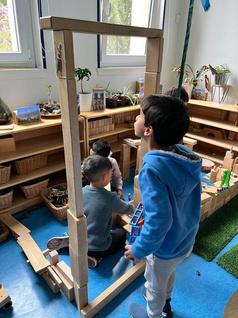
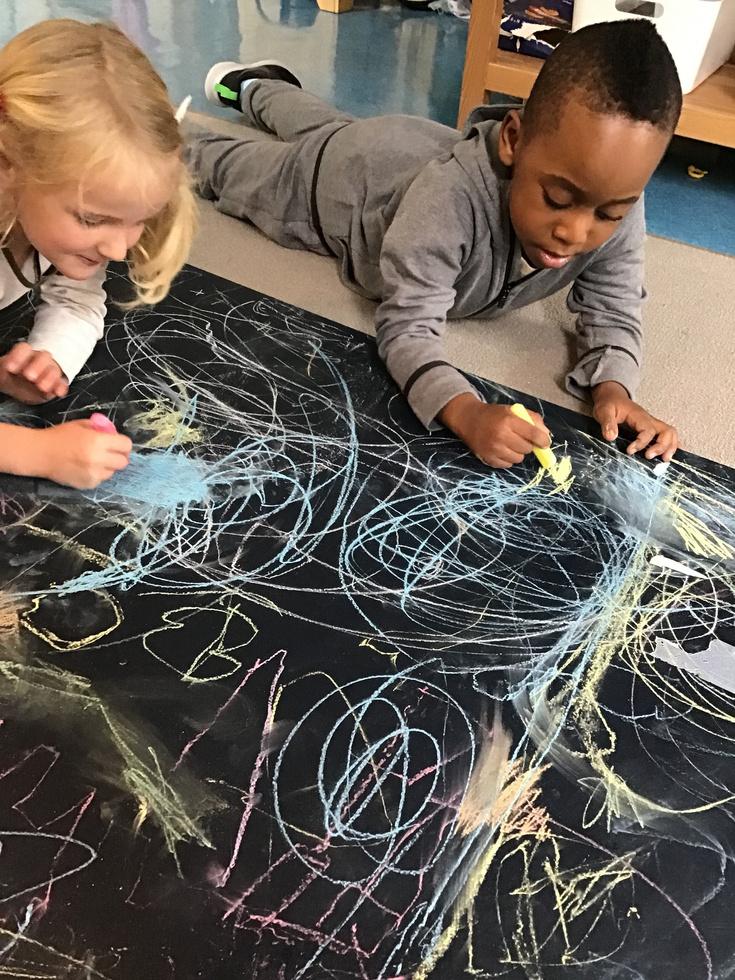
They participate in, and contribute to, our learning community. Children confidently share ideas and theories, question, wonder, and voice their feelings and frustrations. Early Years learners have voice, choice and ownership in their learning.
Educators interact with agentic students in the role of a respectful listener, observer and facilitator, providing feedback and encouragement to deepen students’ learning and exploration.
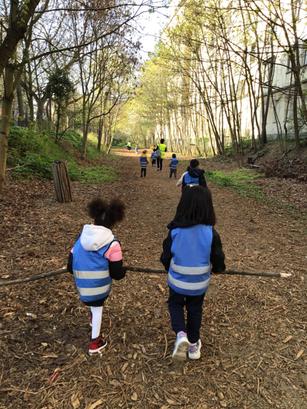
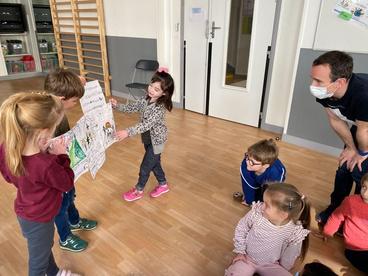
Our young learners can take action at any time and it can take many forms
Action involves Early Years children:
Helping self or others Expressing feelings Changing behaviour Applying new attitudes Thinking differently Expressing ideas and opinions
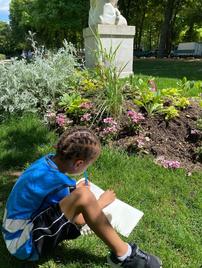


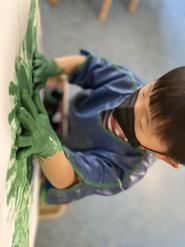
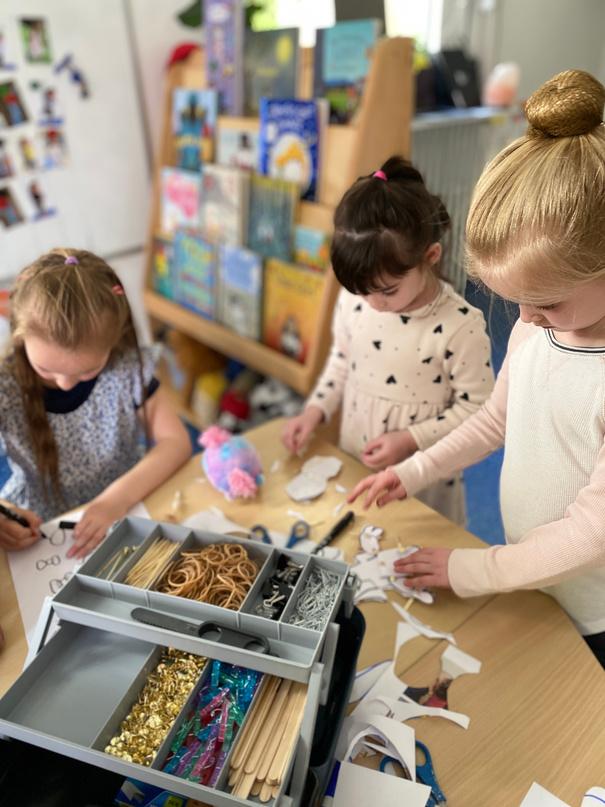
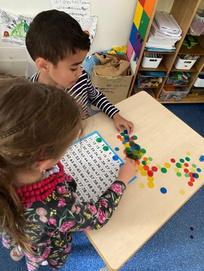
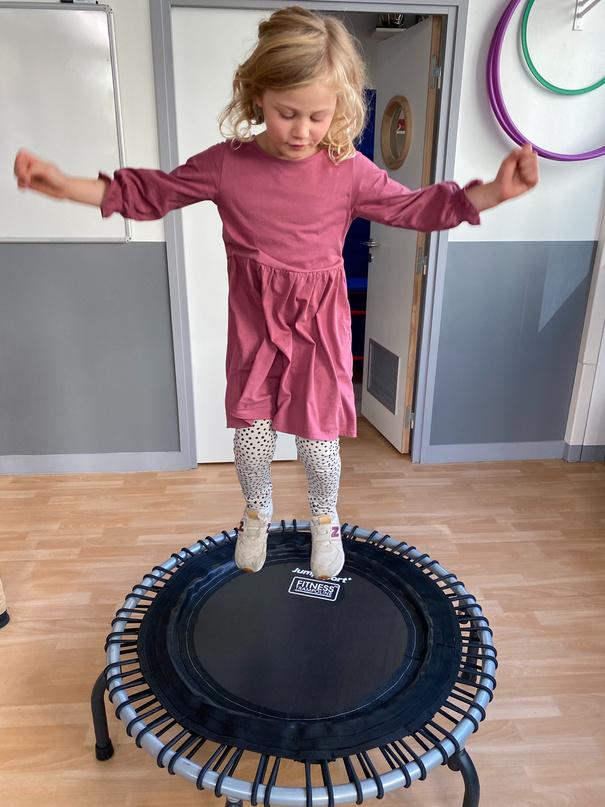
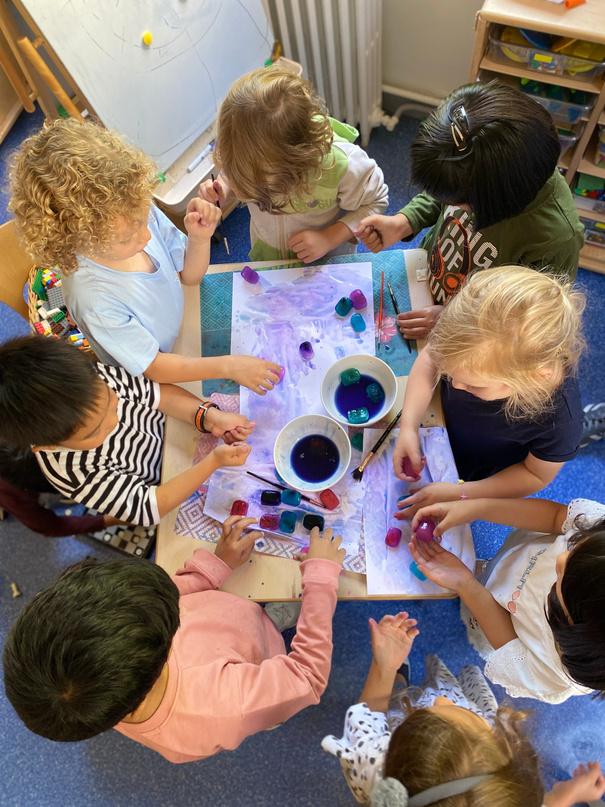

Healthy learning environments are safe and inclusive. They offer multiple ways to learn, interact and support play-based transdisciplinary learning.
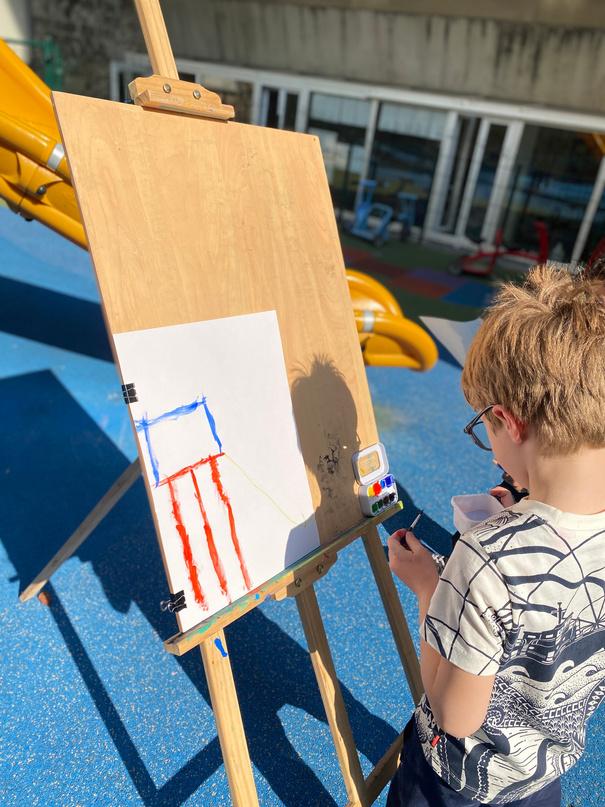
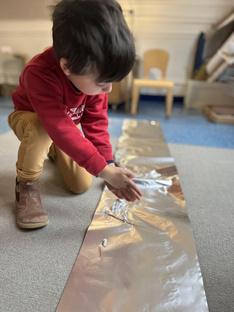
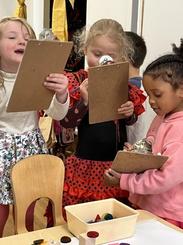
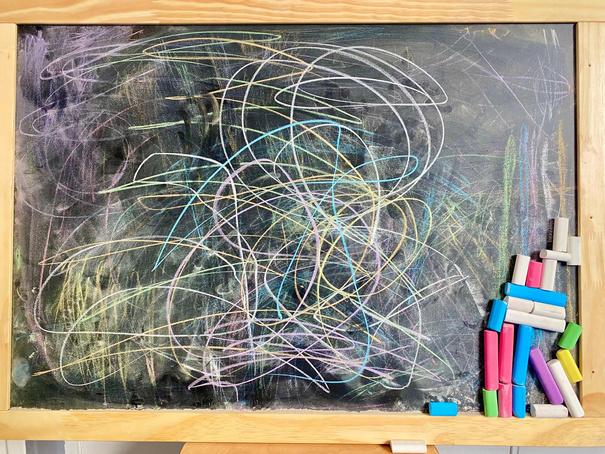
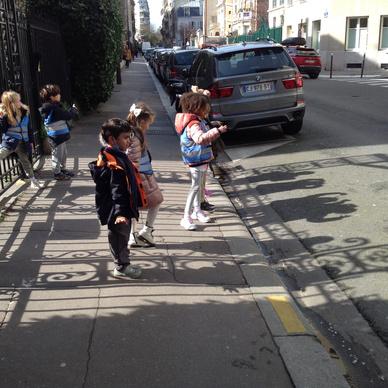
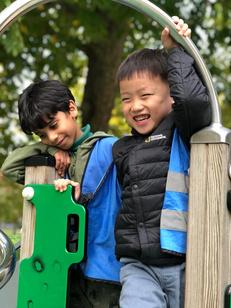
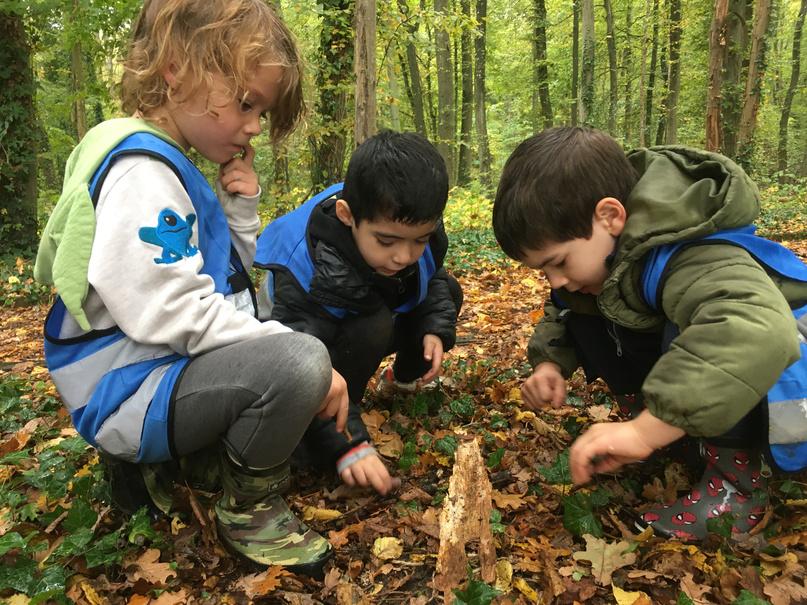
Early Years learning spaces:
Supportive relationships within the Early Years are fundamental to building an understanding of identity, creating a sense of belonging, and establishing an environment of trust. Our learning environments are full of open ended materials and “loose parts” that invite children to think creatively and explore worlds of possibilities. Examples include wire, buttons, cardboard boxes, Magna Tiles, Lego, Kapla, shells and paint.
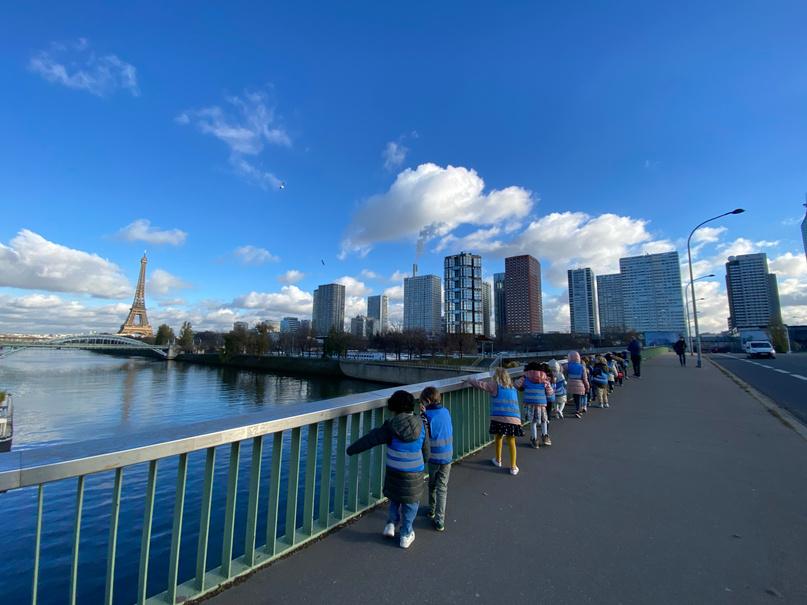
At ISP, we believe learning environments go beyond the homeroom to include engaging places around school that nurture curiosity and wonder.
hildren have regular authentic opportunities to explore aris as a classroom. These include local neighborhood alks, a close by nature trail, parks and woodlands, useums, art galleries and the iconic landmarks of Paris.


We encourage children to be playful with ideas and materials in the process of learning.

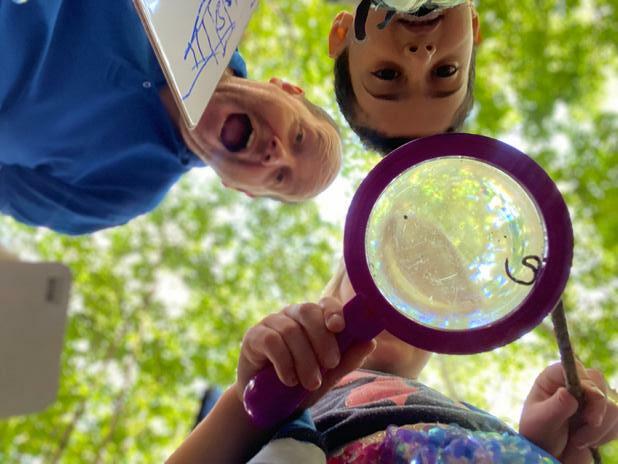
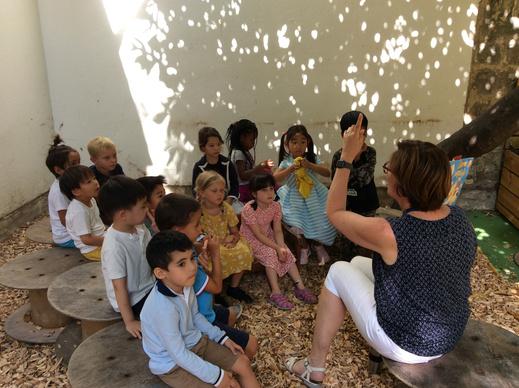
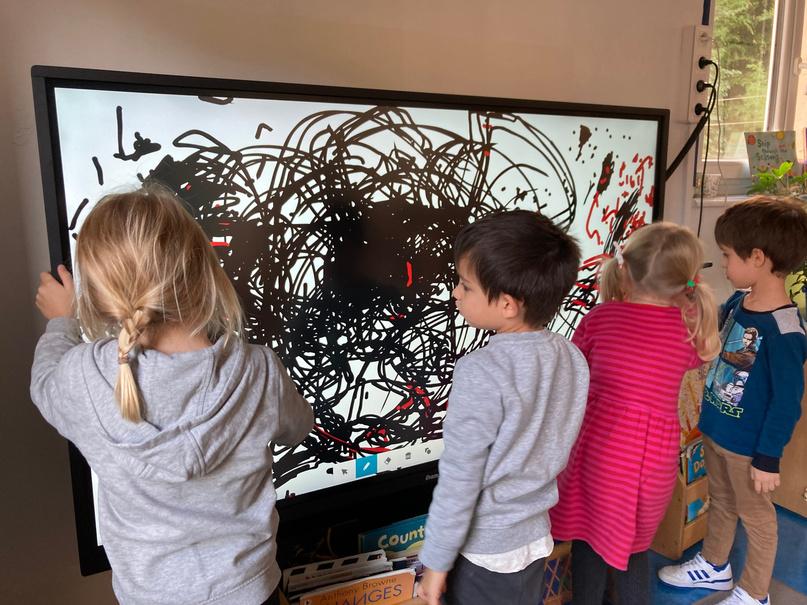
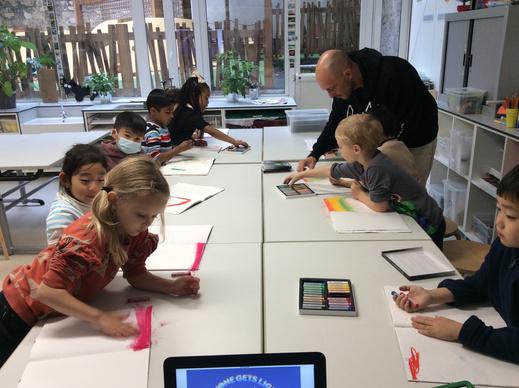
We ask questions such as "What if ?" and "How COULD we ?" to entertain possibilities Children are encouraged to try out multiple ideas and not be afraid of making mistakes We model and support children in coming up with their own original and surprising ideas to be comfortable with the unexpected
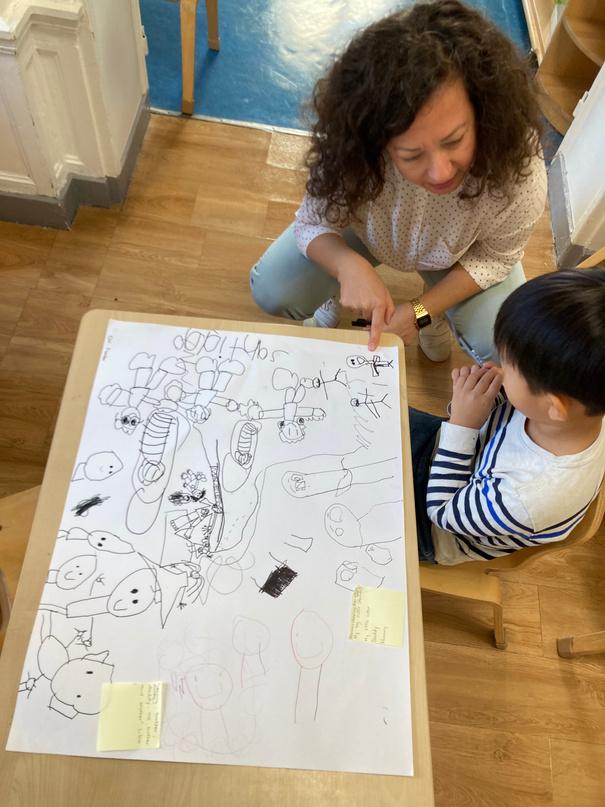
The IB states that 'young learners are intelligent, resourceful and creative individuals' and we embrace this belief at ISP. Our children thrive in safe and secure surroundings that encourage them to be risk takers, thus deepening their learning Our children are supported by a talented group of educators who create an enabling environment that supports the academic, social and emotional growth and development of each individual student
